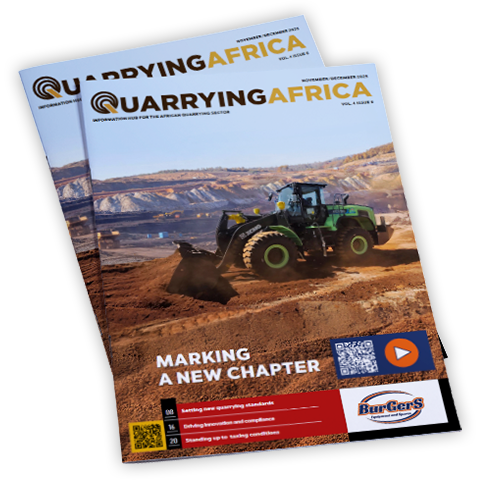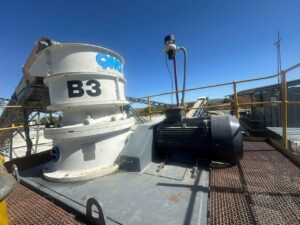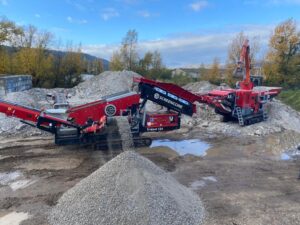Unregulated sand usage across the world has left tracts of the world without usable construction sand, threatening to curtail future construction projects.
The United Nations, in an unprecedented announcement made recently, warned world leaders of looming sand shortages that could stunt mankind’s future development.
“We now find ourselves in the position where the needs and expectations of our societies cannot be met without improved governance of sand resource. If we act now, it is still possible to avoid a sand crisis,” said Sheila Aggarwal-Khan, director of the Economy Division at UNEP.
In South Africa, the situation is not that dire – yet. Nico Pienaar of surface mining industry association, ASPASA, says timely interventions in recent decades have contributed to the country’s sand resources being better managed than before.
The establishment of the association in the 1990s was a turning point for the sector when leaders and stakeholders from the industry took matters into their owns hands to self-regulate the industry and manage resources for future generation.
Full government recognition of ASPASA in later years also led to close cooperation between the Department of Mineral Resources and Energy (DMRE), members and labour. This type of cooperation has paved the way for a more sustainable sand industry.
“Unfortunately, there are still some major challenges and emerging threats to our ‘sand sanctity’. Top of the list are illegal mining and organised crime. In addition, we are concerned about the lack enforcement of regulation and even the lax application to local bylaws that prejudices legal and compliant operations.
“Political mongering at a local level often opens the doors for illegal operations and borrow-pit operations where the municipalities themselves break the law to make use of ‘freely available’ sand and aggregates. This also applies to equally harmful practices of river sand and beach sand mining, as well as unnecessary borrow pits that are tolerated – even where legal quarries exist nearby.
“If law officials keep turning a blind eye to these in discretions, we will most certainly lose the fight and our legal establishments will cease to exist. If this were to happen South Africa may lose the ability to provide quality and graded materials for largescale infrastructure projects and will certainly run out of sand resources sooner than we think,” says Pienaar.
He adds that the country has resources that will last for the foreseeable future provided sustainable practices are adopted and enforced now. Right now, the country has all the expertise, resources and capital funding needed to ensure the industry’s longevity, provided the scales aren’t tipped in favour of illegal and informal operations that are sprouting around the country.
Government and the private sector can easily ensure that they are dealing with legal and sustainable operations by simply dealing with ASPASA members who have been audited and found to follow all licensing requirements including health, safety and environmental legislation.






